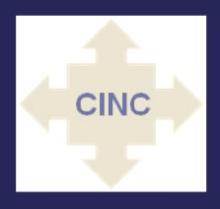AT&T Group's Lawsuit in Wisconsin Fails
Yet another court has ruled against an incumbent telephone or cable company that filed a lawsuit to block any threat to their continued monopoly in America's communities. Access Wisconsin, an AT&T dominated trade group, has been trying to stop communities in Wisconsin from building their own next-generation networks to serve schools and libraries that AT&T has long neglected with slow, overpriced, broadband connections.
A local judge has dismissed this blatantly anti-competitive attempt to stop communities from building the networks they need.
Wisconsin Independent Telecommunications Systems, operating as Access Wisconsin, sued the UW Board of Regents in July in an effort to stop a $32.3 million fiber optic network to Platteville, Wausau, Superior and the Chippewa Valley region. The lawsuit also named WiscNet, CCI Systems Inc. and the state Department of Transportation. ... The grant — made available through federal stimulus funds — will build high-speed Internet fiber to anchor institutions such as libraries, schools and government, health care and public safety buildings.A press release from the UW-Extension office that organized the Building Community Capacity through Broadband program, funded by the broadband stimulus program, notes:
“This work by the University of Wisconsin-Extension and our many community partners is vital to the future of the Wisconsin economy,” said Ray Cross, chancellor of the University of Wisconsin-Extension and University of Wisconsin Colleges. “I hope that now government, the university, private businesses and communities in every corner of the state will be able to work together to assure Wisconsin is connected to the global economy.”Remember that these lawsuits are rarely intended to be won.


